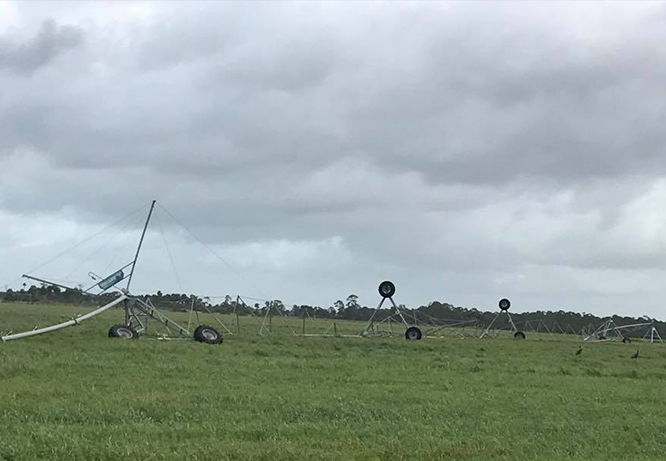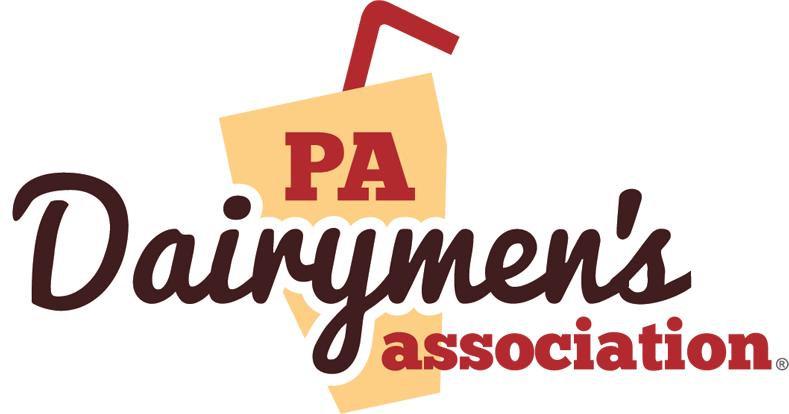
Guest blogger, Jessica Peters, is a 5th generation dairy farmer in northwest Pennsylvania.
Over the last few months our country has experienced a slew of natural disasters. People have lost homes, their livelihoods and much more. Each of these natural disasters has had unique effects on that area’s agriculture as well.
Farmers in Texas have been feeding their cattle from rafts and boats. Ranchers in Montana have been watching their hundred-year-old barns being burned to ashes by raging wildfires. In Florida, dairy farms have been running on generator power for weeks in 90+ degree weather praying the power is restored soon. Then there’s Puerto Rico. By all accounts, Puerto Rico’s agricultural industry is gone. It will be a least a year, if not longer, before it will be restored to a fraction of what it was. Farms and lives have been destroyed by the destruction of Hurricane Maria and because of that, the island may never be the same. And now, the wildfires in California. The vineyards and other farms in Northern California have been decimated.
But there is hope. There are farmers all over the country coordinating donations of hay, feed, money and supplies for these farmers in need. They are sending good vibes and prayers up in their names. Farmers are learning from the experiences of those who have been affected and are offering any advice they have from having suffered through similar situations in the past. Farmers. The word farmer literally means steward of the land, but the true definition is much, much more.
To be a farmer is to be resilient, dedicated and fearless. In the face of these tragedies, when most residents were fleeing for their lives, farmers were battening down the hatches and preparing for the worst. They weren’t boarding up their homes and heading for shelters; they were reinforcing barns, moving their animals to higher ground, readying their generators and taking precautions to make sure their animals would have enough feed and fresh water to weather the storm. While we were glued to our television sets watching the horror unfold, they were braving the winds and rains to check on their calves or move their herds to safer locations. It breaks my heart to think that there are people in this world who still believe that farmers don’t care for their animals, especially when you consider that in the last month farmers all over the country have literally been risking their own lives for the animals they love.
I remember a story, years ago, of a hurricane that travelled up the east coast hammering the Carolina’s along the way. It was a pig farmers firsthand account of how the storm affected his farm. He and his family had taken shelter on the second floor of their home as the flood waters were rising. They sat there, helplessly listening to their animals bellow below them. As the farmer told of the animals falling silent, he had tears in his eyes.
Being a farmer means dedicating your life to an existence that’s about more than just you. It’s about preserving the land for generations to come. It’s about treating your animals well and giving them a life worth living. It’s about producing a safe, nutritious, wholesome product worthy of the you and the lives you lead. There’s not a farmer in the world who’s in it for the money because there isn’t much. We’re not in it for the glory; we all go home with manure on our boots. Farmers put their hearts and souls into what they do because they love it and it’s what they were born to do.
As for those still dealing with the aftermath of these recent natural disasters, they aren’t sitting around the kitchen table wondering what to do next. They’re out there doing it. They’re assessing the damage and doing what needs to be done to keep their operations going and their animals safe and healthy. It takes more than a once-in-a-lifetime kind of storm to keep a farmer down.
Photo credit: Milking R Farm
